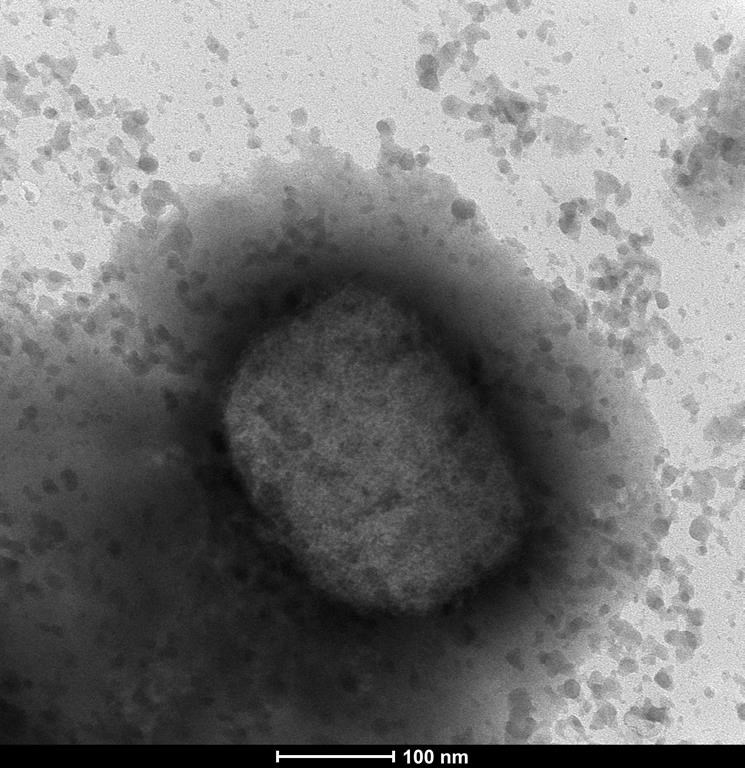Ontario is not seeing rapid growth in cases of monkeypox and its vaccination strategy appears to be working, the province's top doctor says.
Chief Medical Officer of Health Dr. Kieran Moore said monkeypox will likely be around for "many, many months" due to its lengthy incubation period of up to 21 days, but Ontario isn't seeing exponential growth of the virus.Â
"At present the numbers (of cases) are not escalating rapidly, but they are increasing," Moore said in a recent interview. "We do think it's stabilizing in Ontario, in terms of not rapid growth."
Moore said 133 cases had been identified in Ontario as of July 6, with the vast majority being in Toronto and most others with a connection to the city. Public Health Ontario had reported 33 cases two weeks earlier.Â
All reported cases as of July 6 have been in men between the ages of 20 and 65.
Monkeypox generally does not spread easily between people and is transmitted through prolonged close contact via respiratory droplets, direct contact with skin lesions or bodily fluids, or through contaminated clothes or bedding. Symptoms can include rash, oral and genital lesions, swollen lymph nodes, headache, fever, chills, myalgia and fatigue.
Public health says most cases are among men who report intimate contact with men but says anyone can get monkeypox.Â
The monkeypox disease comes from the same family of viruses that cause smallpox, which the World Health Organization declared eradicated around the globe in 1980. Smallpox vaccines have proven effective in combating the monkeypox virus.
Moore said the province has been working "diligently" to vaccinate those who have contracted the virus as well as close contacts or anyone at risk of contact.Â
"Over 8,000 individuals have been provided the smallpox vaccine, which we think has good protection against monkeypox," he said.
"We've also been able to provide treatments, so five Ontarians have been treated with a medication called TPoxx, (which is for those) who have had severe complications related to monkeypox."
The province is not looking to expand its vaccination strategy at this time, Moore said, adding that "it appears to be working."
"Normally this dose of vaccine has two doses 28 days apart," said Moore. "We're reviewing if we have to go back to those 8,000 individuals and provide a second dose."
Dr. Allison McGreer, an infectious diseases specialist at Mount Sinai Hospital in Toronto, said the increase in cases in the province is "not causing alarm," but the situation is still "relatively fragile."
"We don't know what it's going to take to get the outbreak under control," said McGreer. "We aren't completely confident that the virus hasn't changed enough to allow some more sustained transmission to populations."Â
McGreer said there is no immediate risk to most of the population from monkeypox.
"This is really still very much an intervene for the populations where we have a defined risk, and they're really carefully watching to identify whether there's been any spread outside those high risk populations," said McGreer.Â
The province's current vaccination strategy is "the best that can be done at the moment with the limited supplies that we have," she said.
"The fine line that all jurisdictions are trying to run is to make sure that people who are at significant risk of monkeypox are getting access to the vaccine," said McGreer.
"And that the rest of us who are not, at the moment, at any significant risk of monkeypox are not using up the limited supplies that we have, and are not potentially being exposed to some tiny risk that we just don't know about yet."
This report by The Canadian Press was first published July 11, 2022.
Jessica Smith and Allison Jones, The Canadian Press



